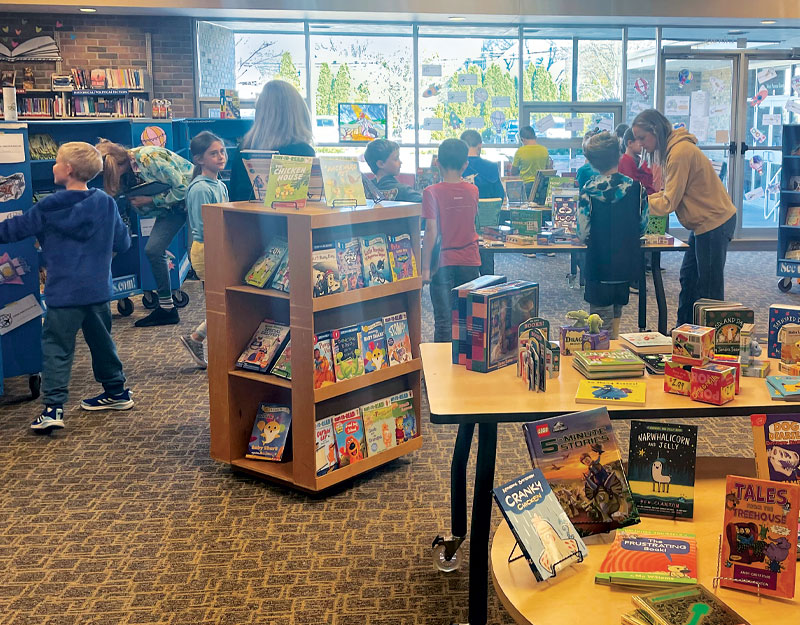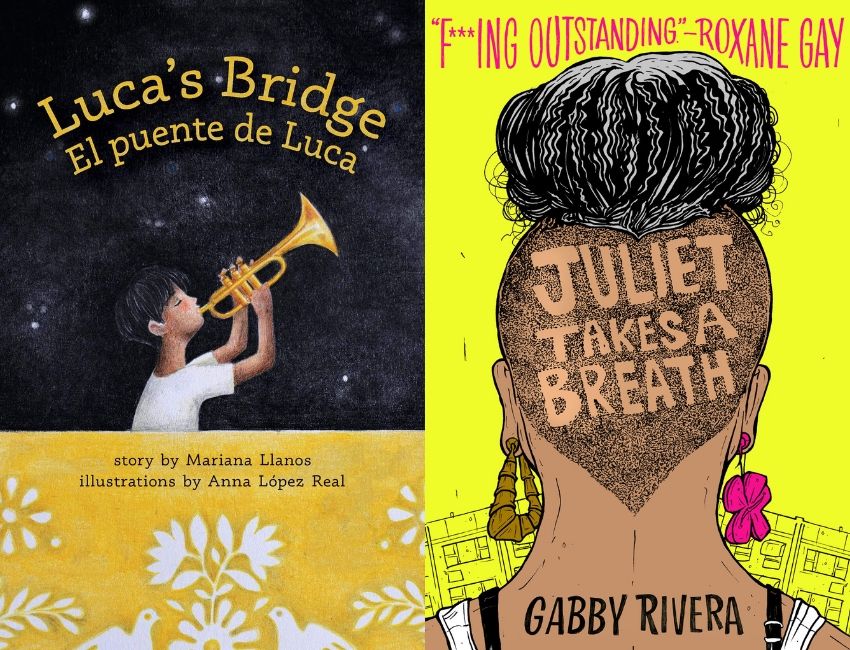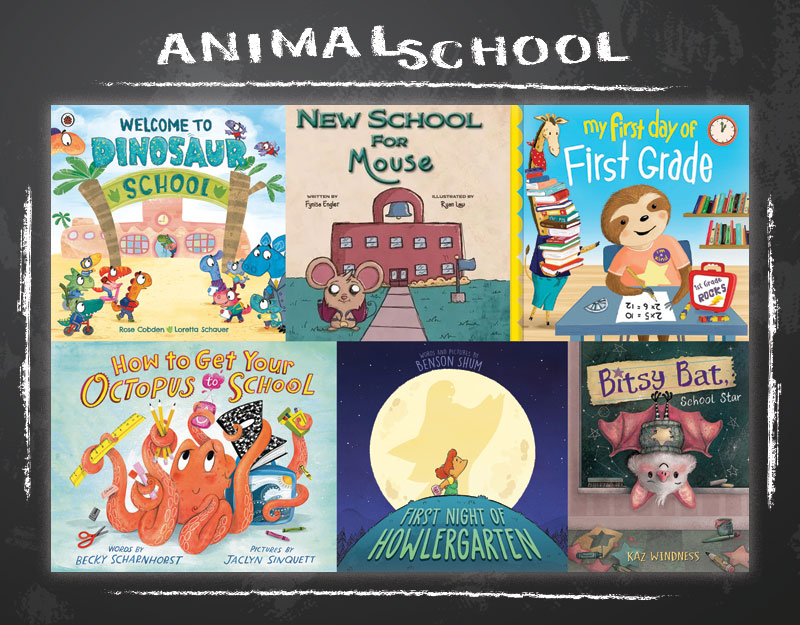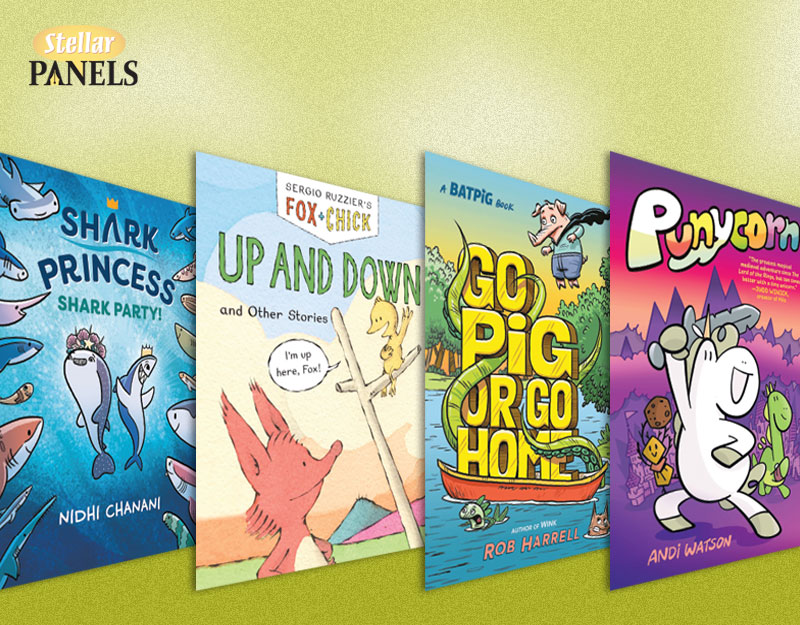My Friends are Characters, a guest post by Hena Khan
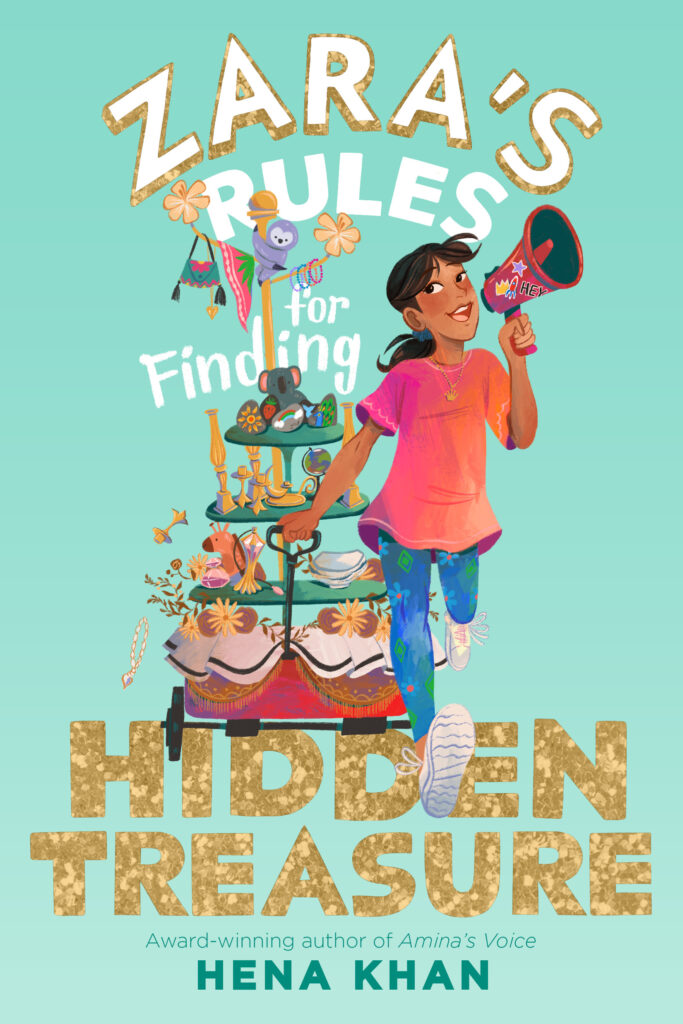
The first time I spotted the little girl who had just moved in across the street from my house, I stared at her from my driveway, and she stared back. I waved shyly and said hi, and she responded with an accented hello. And then, somehow, after that awkward first encounter at the age of seven, we quickly became best friends who spent our free time riding bikes, painting rocks, making lemonade, and pretending we were Wonder Woman together.
It didn’t matter that Naomi had just moved to Maryland from Israel, spoke more Hebrew than English, and went to a Jewish school, or that I was a bookish Pakistani American Muslim child of immigrants who walked to the local elementary school. We moved freely between each other’s homes, and accepted each other’s languages, faiths, cultures without thinking twice about them.
ADVERTISEMENT
ADVERTISEMENT

I decided to write the Zara’s Rules series during the height of the Covid pandemic, while we were trapped indoors. Hearing kids playing outside in droves in my neighborhood for the first time and watching as they invented games and activities to entertain themselves was a bright spot in an otherwise challenging time. I was suddenly flooded with memories of my own antics as a kid, and of my friends from that age, like Naomi and her brother Michael, along with fictional ones like Ramona Quimby and Henry Huggins. Writing became a joyful escape from reality.
The Zara’s Rules books feature the colorful extended Saleem family from my Zayd Saleem Chasing the Dream series, and I was very familiar with the strong personalities of each of the characters. But I was eager to explore Zara in more depth and how she’s a regular kid—not particularly gifted in anything, but ready to try new things, follow her whims, and, most of all, entertain herself without the use of phones, tablets, or electronic games (although, full disclosure: Naomi, Michael and I did spend countless hours playing Pac-Man on my original Atari).
I set the series in a fictionalized version of our neighborhood, included Naomi, Michael, and made-up kids, and mined my memories for stand-out moments. These include us desperately trying to break a Guinness World Record without knowing what that involved, building elaborate forts, converting an old tool shed into a clubhouse, trying to sell things door-to-door, and more. Each of our attempts taught us how to work together, respect each other’s ideas, and overcome failure. And I know that those hours spent playing with wildly imaginative kids who were ready for any adventure helped shape who I am, in addition to how I view the world today.

As we played, we also developed respect for each other as people, along with our families’ beliefs and traditions. I welcomed Passover, munched on matzoh and flourless chocolate cake at my friends’ house, and met their relatives from around the world. Naomi tasted my mother’s Pakistani dishes, donned the shalwar kameez we gifted her, and understood Ramadan and Eid in a way none of my peers at school did. As we grew older and began to learn about global history, conflict, and troubled geopolitics, it didn’t change the way we felt about each other. We were already family.
A few years ago, during the announcement of the Muslim ban, Naomi and Michael’s parents reached out to me. Their father emailed and their mother called, both to say that “if you ever need it, God forbid, we will shelter you.” Writing these words today still bring tears to my eyes as I reflect on the significance of this offer, and the horrific realities of the past that prompted it. But I’m also moved by the beauty of friendship and kindness and humanity that transcends ideology, fearmongering, and hatred.

My experience also makes me believe ever more fervently in the power of stories to help us get to know each other better. We all don’t have the chance to make friends who are very different from us, and many of us live and play in more homogenous communities. But books can bring all of us incredibly important fictional friendships, and along with them, real-life respect and understanding. That’s why they are essential, now more than ever, and why we must work hard to ensure that books about everyone, from all backgrounds, are available to all readers.
ADVERTISEMENT
ADVERTISEMENT
The Zara series is lighthearted and silly and has been incredibly fun to write. I hope that readers will laugh as they read it, and cheer for Zara and Zayd and Naomi and Michael as they embark on their misadventures and grow to become better friends with each book. At the same time, I hope the stories will serve as a model for such easy and genuine friendships, because more than forty years since I first met Naomi and her family, I remain so grateful for ours.
Meet the author
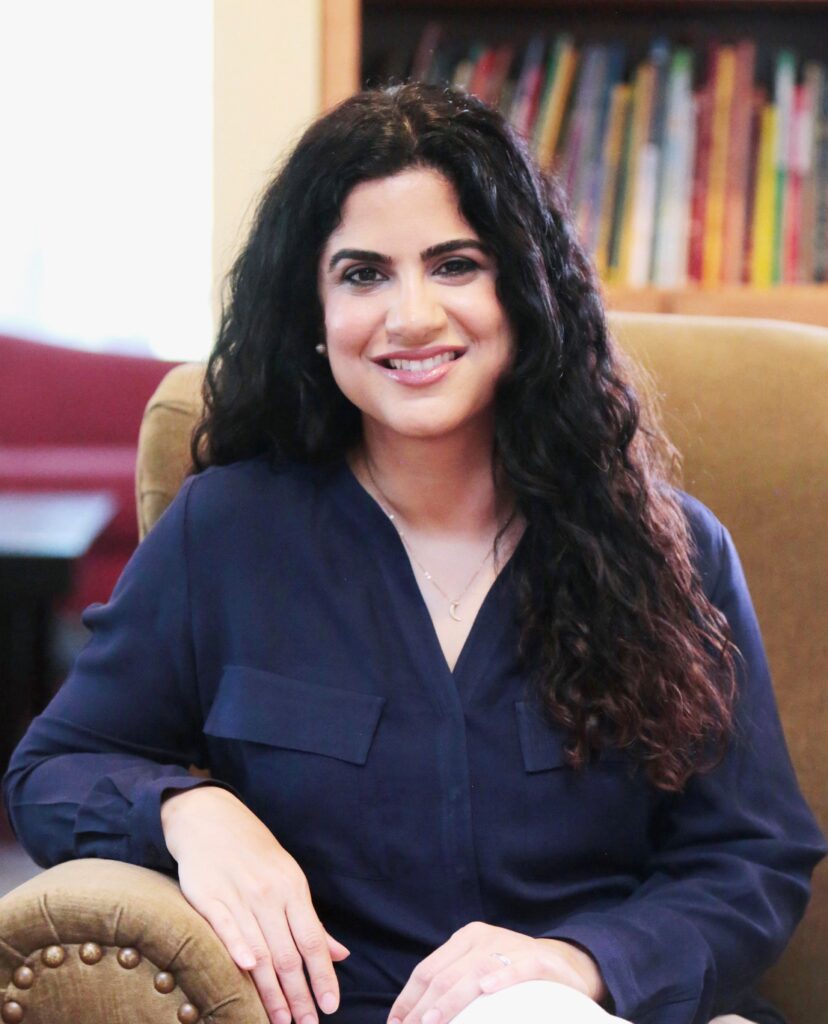
Hena Khan is a Pakistani American writer. She is the author of the middle grade novels Amina’s Voice, Amina’s Song, More to the Story, and the Zara’s Rules series and picture books Golden Domes and Silver Lanterns, Under My Hijab, and It’s Ramadan, Curious George, among others. Hena lives in her hometown of Rockville, Maryland, with her family. You can learn more about Hena and her books by visiting her website at HenaKhan.com or connecting with her @HenaKhanBooks.
Buy link here.
About Zara’s Rules for Finding Hidden Treasure
From the beloved author of Amina’s Voice comes the second book in the delightful Zara’s Rules middle grade series following Zara as she starts her own business!
Zara lives for bike rides with her friends—so when her shiny, brand-new bike goes missing from the park one day, she’s crushed. After her parents insist she earn the money for another one herself, Zara’s determined to start a business. But what kind? A lemonade stand? Not profitable enough. Selling painted rocks? Not enough customers.
Zara’s starting to get discouraged when she and her friend Naomi finally come up with the perfect idea: The Treasure Wagon, a roving garage sale that unloads knickknacks from the Saleem family basement and makes money all at once! But when a mix-up gets Zara in hot water again, will she have to give up everything she’s earned toward her new bike?
ISBN-13: 9781534497610
Publisher: Salaam Reads / Simon & Schuster Books for Young Readers
Publication date: 10/18/2022
Series: Zara’s Rules #2
Age Range: 7 – 10 Years
Filed under: Guest Post
About Amanda MacGregor
Amanda MacGregor works in an elementary library, loves dogs, and can be found on Twitter @CiteSomething.
ADVERTISEMENT
ADVERTISEMENT
SLJ Blog Network
2024 Books from Pura Belpré Winners
Passover Postings! Chris Baron, Joshua S. Levy, and Naomi Milliner Discuss On All Other Nights
Team Unihorn and Woolly | This Week’s Comics
Parsing Religion in Public Schools
ADVERTISEMENT



